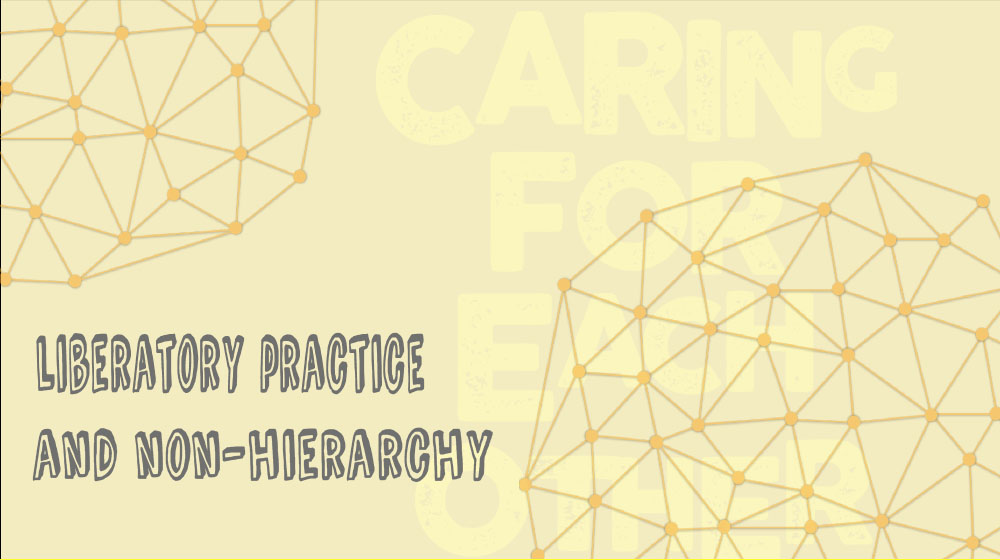
Structures and discipline are necessary for horizontalist organizations to remain actively committed to a horizontalist leadership model and to avoid creating a default centralized leadership. Without discipline or clear structures, collective agreements become loose promises and unspoken hierarchies emerge based on leadership styles, race, and gender or class privileges, creating an unspoken structure for the group. Decision-making, holding others accountable and the responsibility of strategic thinking remains in the hands of few, undercutting the goals of building a participatory democratic organization where everyone decides and creates together. When we decide and practice our collective agreements about how we will operate, how we will evaluate, what is expected of us, how we will build the leadership of every member of the organization, how every person will at many points hold the responsibility of moving important pieces of the work forward, and establishing a basic set of principles to guide our work to which we are all accountable to, the cohesiveness and efficiency of our organizations is greater.
While we may not need individual “strong leaders,” we do need strong relationships. Relationships are at the center of our work. The style and practice of leadership that we foster impacts the relationships and cultures we develop. Saying we don’t need a few strong leaders to be effective is NOT saying we don’t need leadership or coordination. We need a different type of leadership, one that sees all of us as “ready,” and draws upon the multiplicity of strengths, skills, and experiences. Directly addressing and holding power differently within an organization is only possible through the development of new social relations and therefore we need to practice different ways of being with each other and caring for each other.